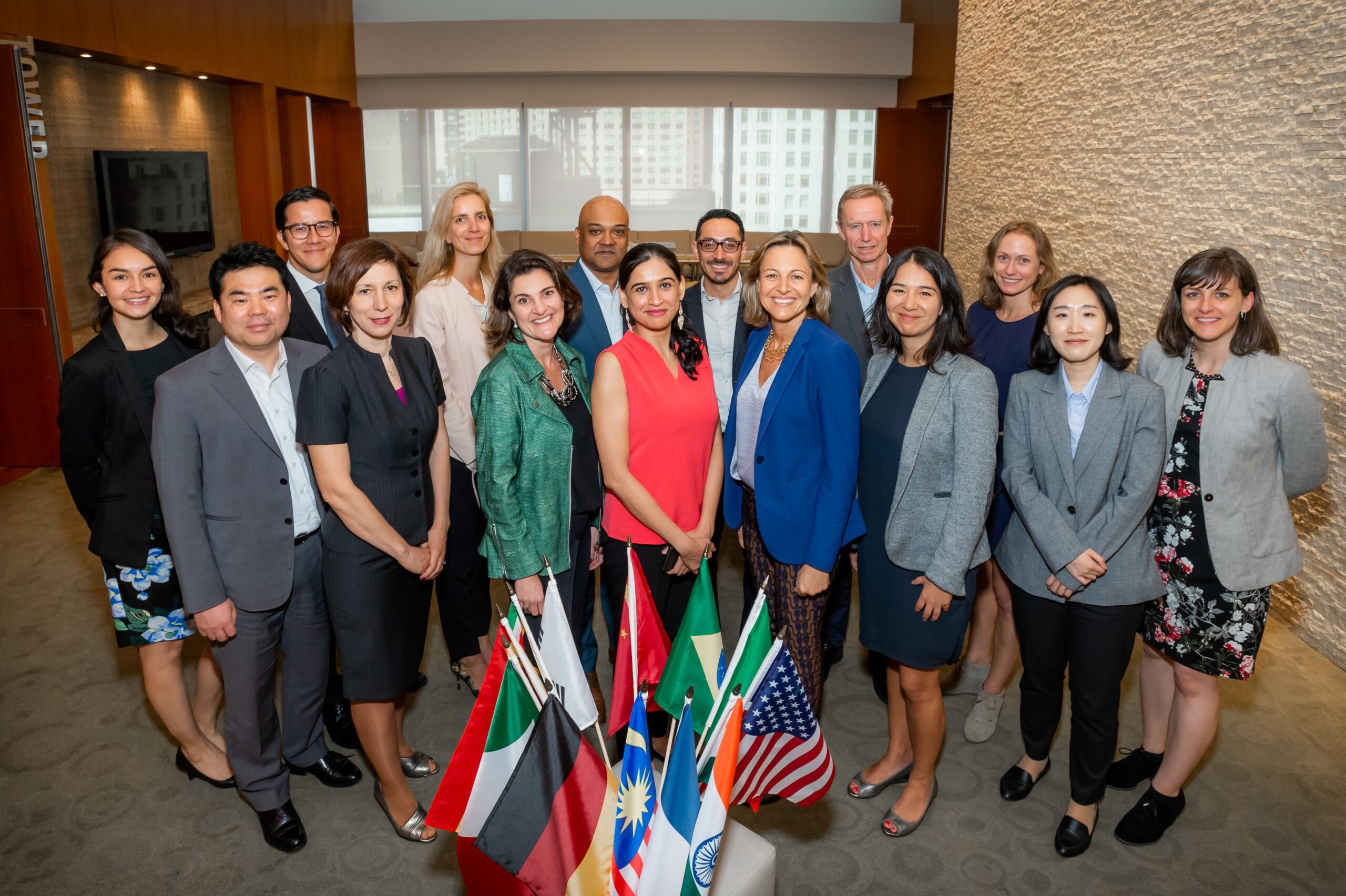The major challenge faced in the vast majority of countries around the world continues to be responding to the pandemic. March 2021 meeting of the Global Exchange network provided an individualized perspective on this reporting while also showing what’s changing in corporate sector response to the global pandemic and what looks despairingly similar to the corporate response of March 2020.
On a personal note, this was my last Global Exchange meeting, as I’ll be concluding my time with CECP at the end of the month before starting a new chapter in my career. Before it became known as such, The Global Exchange was one of my earliest projects at CECP. It has strengthened and expanded under the leadership of Laura Galindo together with all of our partners. The recent report, Global Impact at Scale, exhibits how well the network has enhanced its work.
Now back to the meeting. Leading organizations around the world shared their observations of how companies continue to respond to Covid-19 in their respective locales including Italy, Mainland China, Turkey, South Africa, Russia, Brazil, and so many other places. While there was no common theme shared by all countries, there were several shared by many:
- Rapid Response
- Taking Care of Employees
- Vaccine
- Commitment follow-up
- Social investments
- Urgency on other challenges
The first theme was rapid response. In countries where the third wave has taken a renewed, strong grip, the focus on resources continues. Companies are still providing ventilators, oxygen, masks, and the supplies needed by healthcare professionals to respond.
- Example from Samhita and India’s first cross-brand mask engagement campaign which leverages the power and influence of corporate leaders to encourage Indian’s to continue wearing masks while the vaccine efforts continue.
The second theme was an internal focus on their people. Companies want to ensure that they act to protect their employees’ health and safety.
- Example: Employees are one of the first topics covered in the annual survey produced by CECP’s Israeli Global Exchange Partner, Maala.
The third theme was the vaccine. Of course, the corporate sector has a leading role to play in the development, production, and distribution of the vaccine. The major caveat was that the corporate sector requires partners in the public and NGO sectors in order to make sure that the distribution is not done in a way that exacerbates inequalities.
- Example: Brazil shared that the current third wave is in its most difficult phase with death rates and public health of utmost concern while also discussing the vaccine.
The fourth theme was to look back on one year of corporate commitments. There is an interest in studying whether the corporate sector has followed through, and how their commitments might have changed.
- Example from Taiwan of research that covers many topics, including commitments.
The fifth theme was social investments in terms of how companies are providing philanthropic resources to communities. This was always a priority topic for partners, but the story varied. Depending on the country, there were examples shared of steady community investment, increases, and decreases.
- Example: Trend 3 from Syntao Top Trends.
The sixth theme is not listed last as a sign of lesser import – actually, it’s the opposite. Every organization had an example of how pandemic response had accelerated action on another major global issue. It would appear that heightened attention to basic health and safety, and how that brought inequalities in access to healthcare to the forefront of people’s eyes, has led to urgency in action. The differences were around what was considered more urgent. The examples were many and included inequalities in education, deeper commitments to reverse climate change, income inequality that is now worsening due to increased unemployment, and racial inequalities observed in public health response among others.
- Example: Building back better from BITC in the United Kingdom.
While this meeting was my farewell to the Global Exchange network, it proved once again the deep importance of exchanging insights across borders. There is so much we share and there is so much richness in learning from the diverse issues and approaches active in each country.


